A cup of coffee buried in hot sand is not only a drink, but also a cultural symbol honored by UNESCO as an Intangible Cultural Heritage representing humanity.
From Ottoman court ritual to modern cultural icon
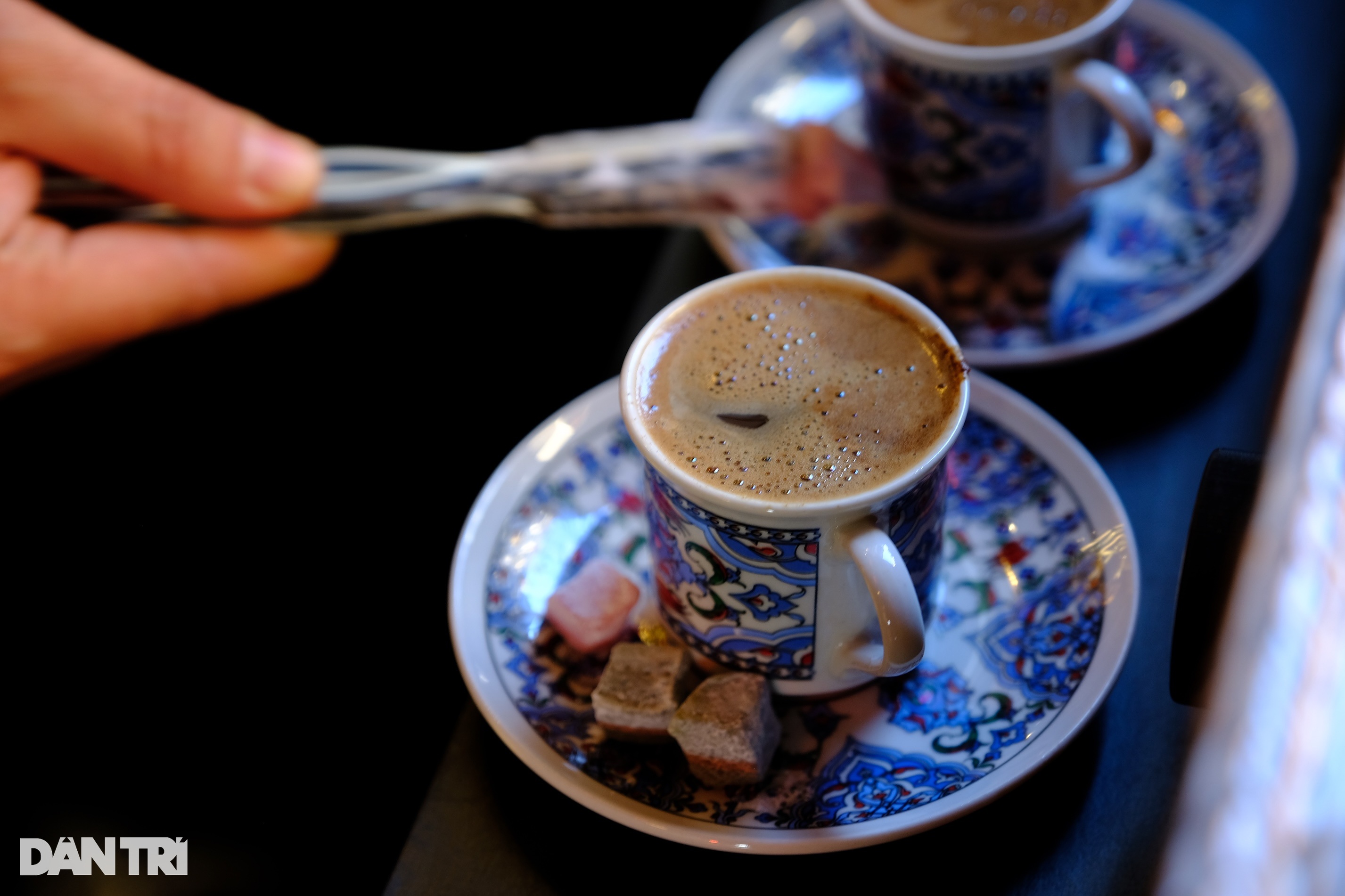
Coffee was introduced to Türkiye in the 16th century, when Arab traders brought coffee beans from Yemen to the port of Istanbul - the center of the mighty Ottoman Empire. Sultan Suleiman is said to have been the first to introduce coffee to the Topkapi Palace. From there, the drink quickly became an indispensable part of the lives of the nobility.
In the palace, coffee was brewed in a copper cezve pot buried in hot sand – a delicate technique that allowed for slow, even heating, resulting in a distinctively rich and creamy taste. The servant who brewed the coffee was called a kahvecibaşı and held a very important position, possibly being a close associate of the king.
According to documents, Istanbul's first coffeehouse, Kiva Han, opened in 1475, and was a gathering place for intellectuals, merchants, poets and scholars - people who came to debate, read poetry, play chess... The coffeehouse became a symbol of freedom of thought and cultural exchange in the Ottoman Empire for centuries.
Today, Turkish coffee is more than just a drink, it is a social ritual, a ceremonial practice, and a part of national identity.
In 2013, UNESCO officially recognized "Turkish Coffee Culture and Traditions" on the list of Intangible Cultural Heritage of Humanity. UNESCO's note emphasized: "Turkish coffee is an indispensable part of social life, a symbol of hospitality, intimacy and cultural exchange".
In traditional weddings, the ritual of the bride making coffee for the groom and his family is still maintained. Coffee is also associated with the art of fortune telling. After drinking, the Turks often turn the cup upside down on the plate and ask the fortune teller to "read" the patterns on the coffee grounds to predict the future.
Heat from the sand tray in the heart of Istanbul's old town
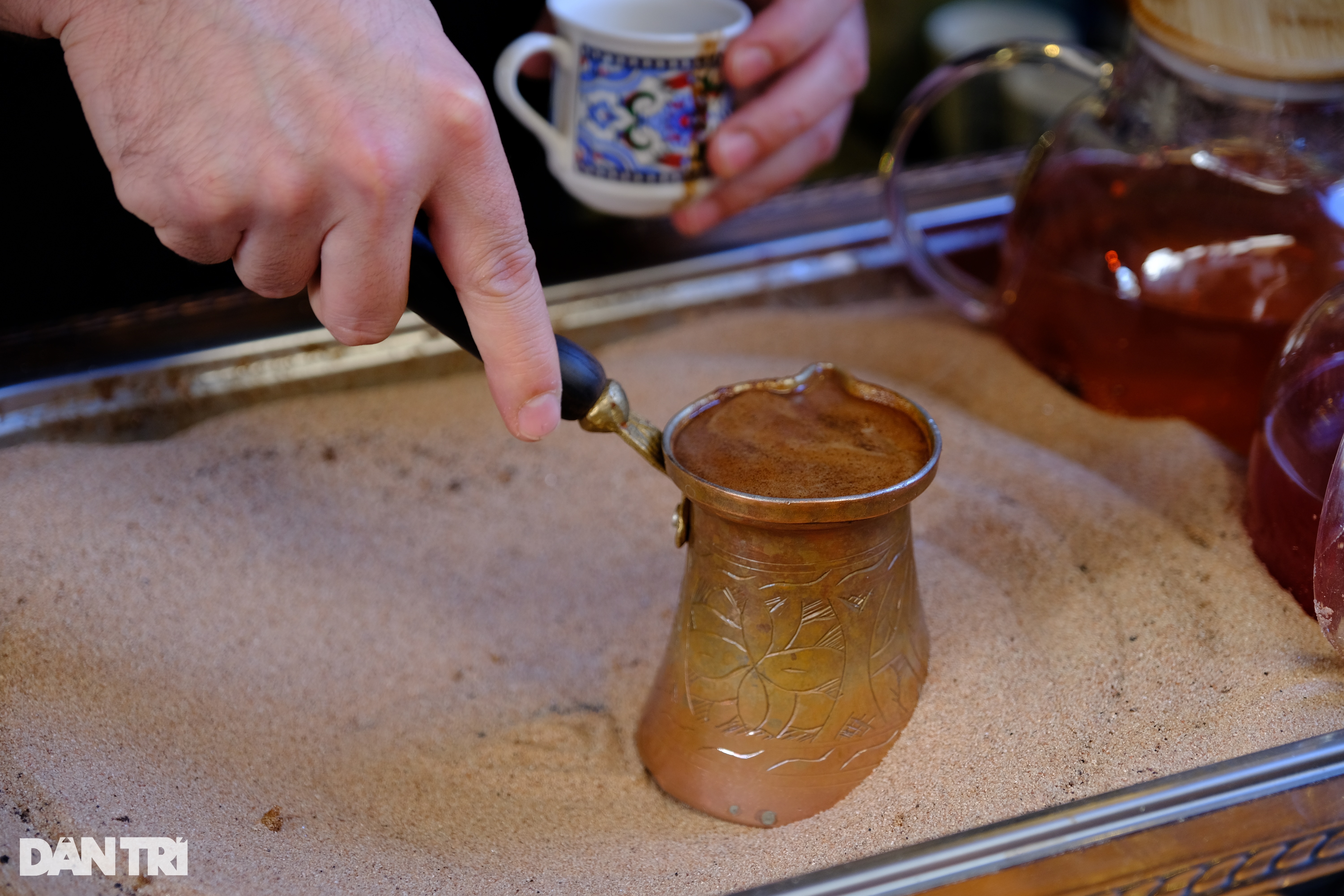
In Fatih district, home to Istanbul's oldest and most culturally Islamic neighborhoods, Osman's small coffee shop serves nearly 400 cups of sand coffee every day, mostly to international tourists .
Right from the shop door, the steaming tray of hot sand with a few cezve bottles stuck deep in the fine sand is enough to make passersby linger.
Curious tourists stand and watch the process of making a cup of coffee, maybe they will try a cup, or just watch and take some souvenir photos.
“My shop uses desert sand from Dubai because it is fine and retains heat,” Osman shares. The coffee powder, as fine as flour, is put into a cezve, and water and sugar are added to taste. There are four levels: sade (no sugar), az şekerli (less sugar), orta şekerli (medium sweet) and şekerli (sweet).
Inside the shop, hundreds of cezve jars of various sizes and designs are neatly displayed on shelves, attracting the eyes of anyone who enters.
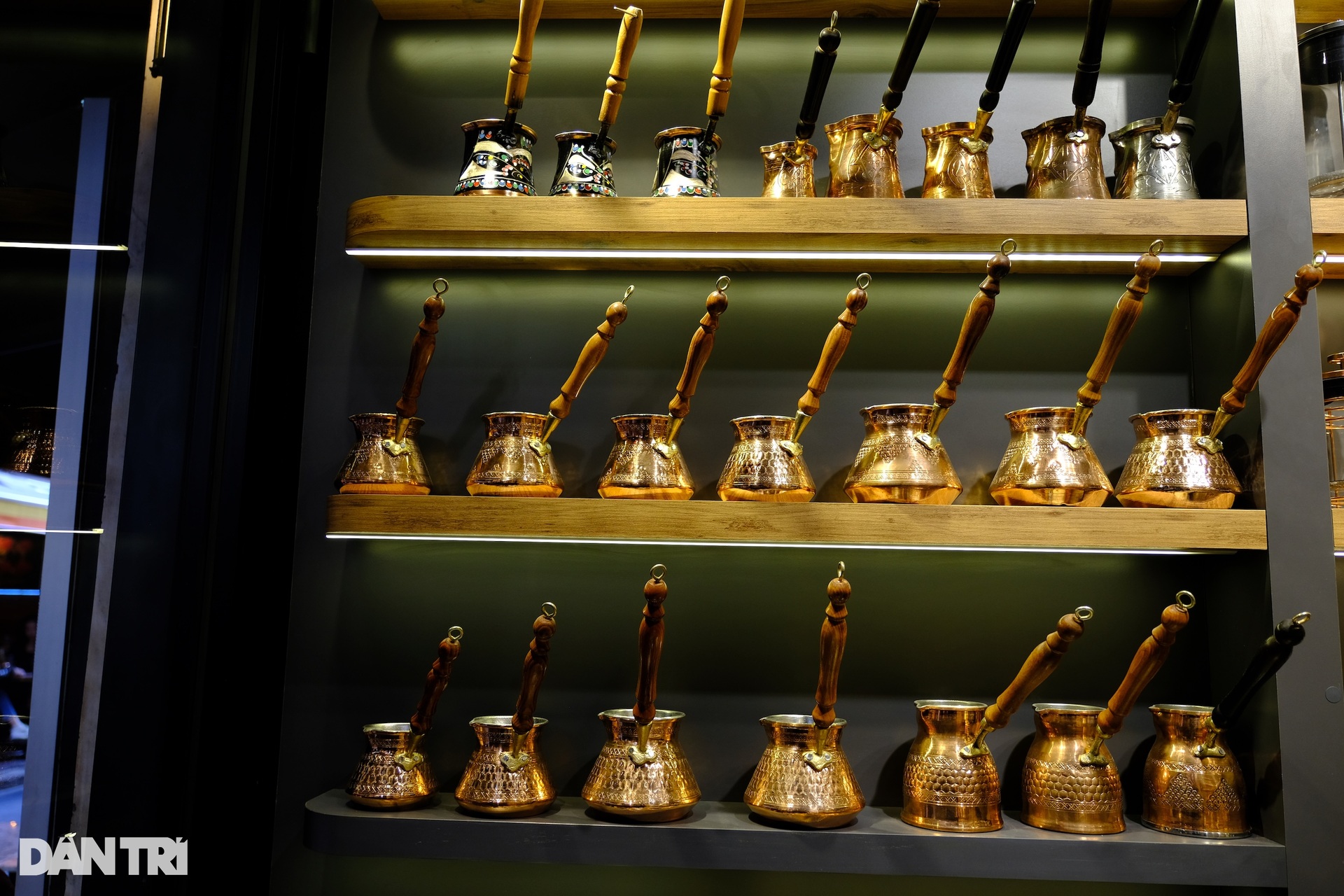

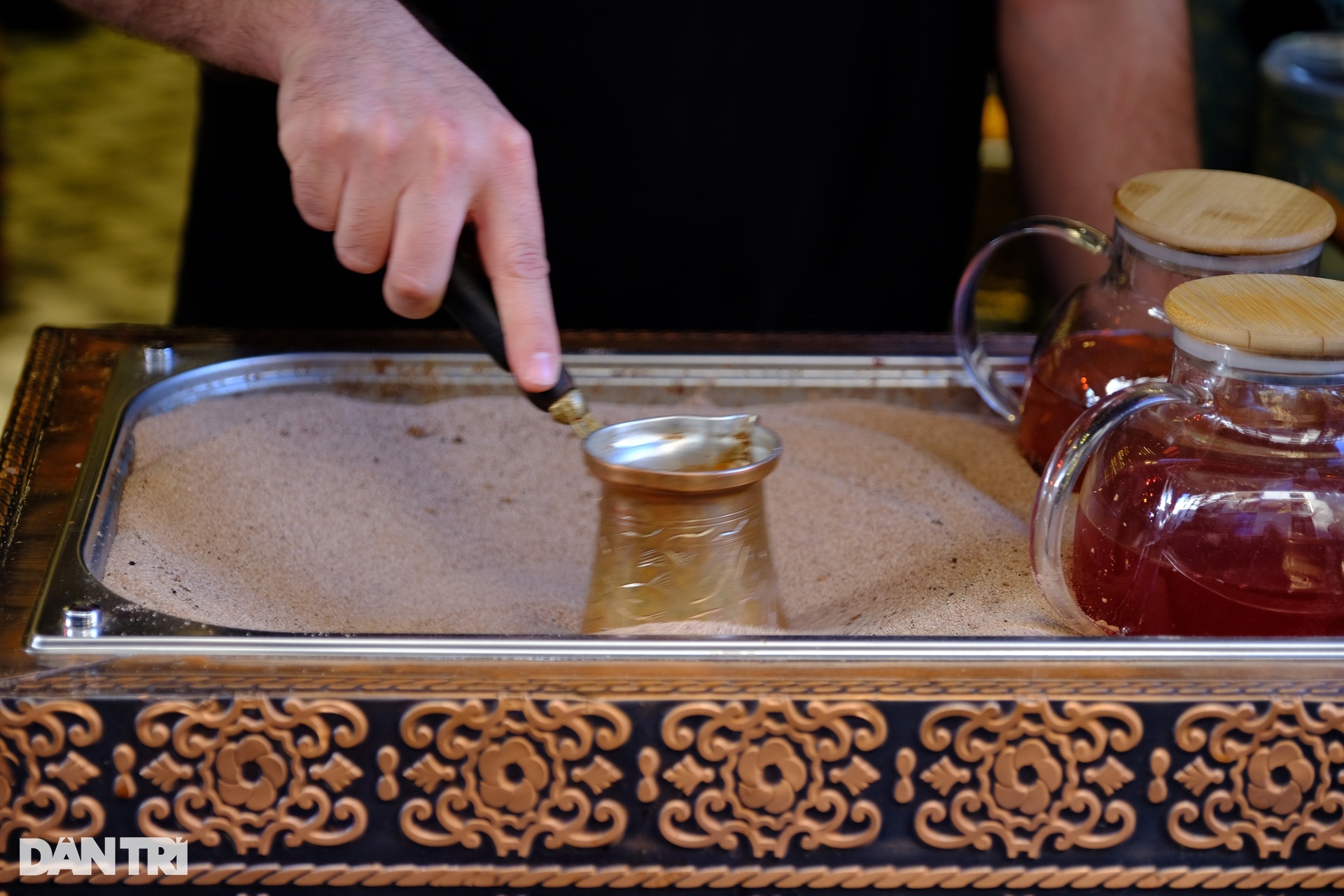
Osman deftly scooped four teaspoons of coffee into the cezve, adding a few packets of sugar. He rotated the pot around the sand tray with his hand, adjusting the depth to control the ideal temperature.
If Italian industrial Espresso coffee has a brewing process that is "absolute" down to every step, such as the exact amount of coffee per gram, water temperature, powder compression force, water pressure, extraction time... then hot sand coffee - which has become an intangible cultural symbol of Türkiye - depends mostly on the experience of people like Mr. Osman.

Osman continued to sift the coffee evenly on the sand tray. After about 5 minutes, the coffee was boiling gently and bubbling, the aroma wafting across the street. The man quickly poured it directly into small cups without any filter.
A cup of coffee buried in sand made this way costs about 100 lira (equivalent to about 70,000 VND). The cup of coffee is served with a few Turkish Delight marshmallows - slightly sweet, with a fragrant rose scent.
Traditional coffee but not easy to drink for Vietnamese people
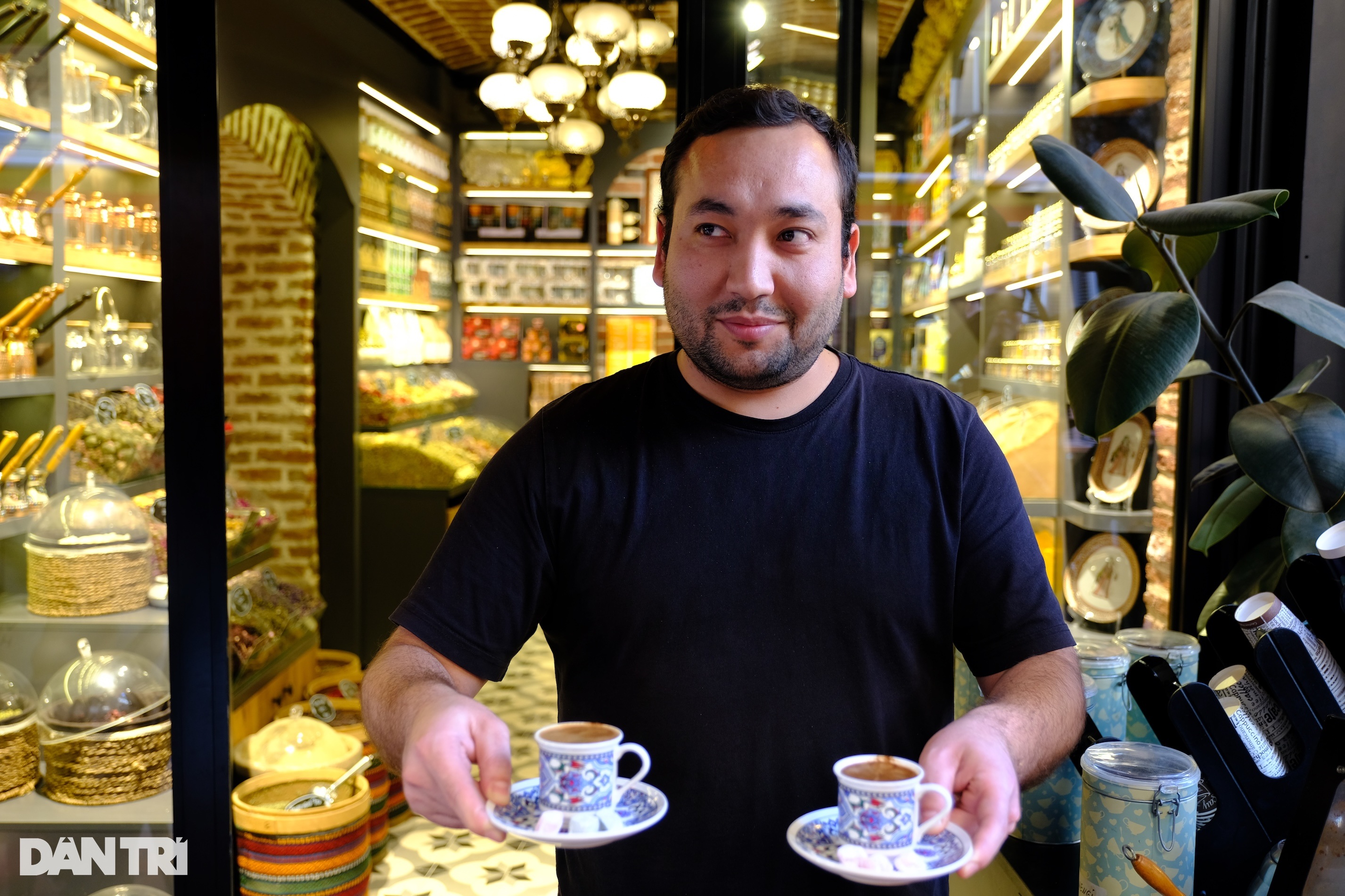
The first time enjoying hot sand coffee right at Mr. Osman's shop, Dan Tri reporter could not hide his surprise: the small, strong cup of coffee, not filtered, poured as thick as hot chocolate. However, the taste buds faced another challenge.
The coffee has a rather strong sweetness, especially if ordered at the şekerli level - the way most Turks prefer it. Even when choosing the az şekerli level (less sugar), the coffee still has a very sweet aftertaste and a strong roasted aroma ( dark roast ). Besides, the hardest thing to adapt to is the amount of residue and fine powder from the coffee grounds left in the cup. That can make those who are used to traditional filter coffee find it difficult to drink.
"I tried two types: one slightly sweet and one original, but honestly, it didn't suit my taste. It felt like I was drinking cocoa powder that hadn't been fully mixed," one of the tourists shared.
Still, it was a memorable experience, like stepping into an ancient ritual where every move from preparation to enjoyment carried cultural depth and a slowness rarely seen in modern life.
The thread connecting the past and the present
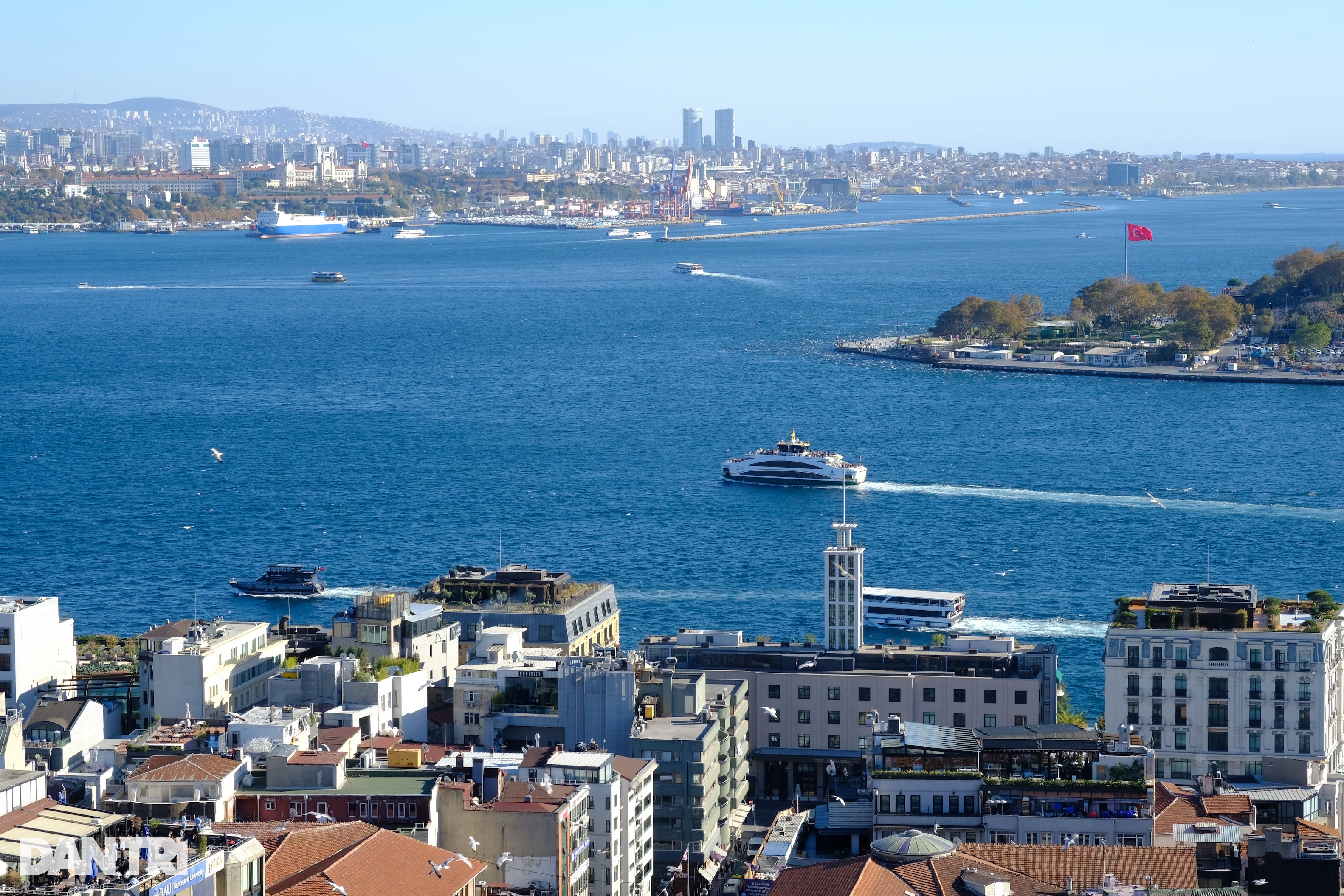
Coffee is more than just an afternoon treat. It is a moment of silence in the hustle and bustle of life, a way for Turks to maintain social relationships, and a window for visitors to enter a culture that blends East and West.
Whether you're standing on a corner of old Istanbul, or in a luxury hotel overlooking the Bosphorus, the aroma of Turkish coffee has the power to transport you back to a culture that has been alive for 500 years - in the hot sand, in poetry, and in the hearts of its people.
Source: https://dantri.com.vn/khoa-hoc/ca-phe-vui-cat-nong-di-san-song-giua-long-istanbul-20250519112523850.htm






![[Photo] Opening of the 14th Conference of the 13th Party Central Committee](https://vphoto.vietnam.vn/thumb/1200x675/vietnam/resource/IMAGE/2025/11/05/1762310995216_a5-bnd-5742-5255-jpg.webp)







![[Video] Not Alone - Online Safety Day](https://vphoto.vietnam.vn/thumb/402x226/vietnam/resource/IMAGE/2025/11/05/1762347906381_sequence-0100-00-17-02still001-jpg.webp)
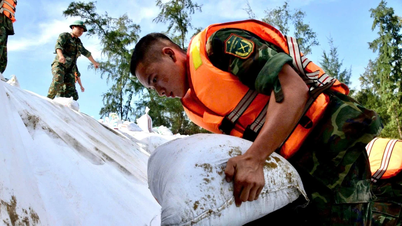




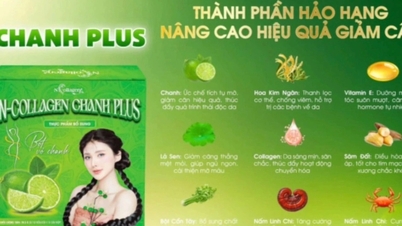





![[Photo] Panorama of the Patriotic Emulation Congress of Nhan Dan Newspaper for the period 2025-2030](https://vphoto.vietnam.vn/thumb/1200x675/vietnam/resource/IMAGE/2025/11/04/1762252775462_ndo_br_dhthiduayeuncbaond-6125-jpg.webp)





































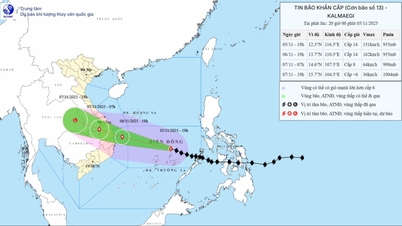














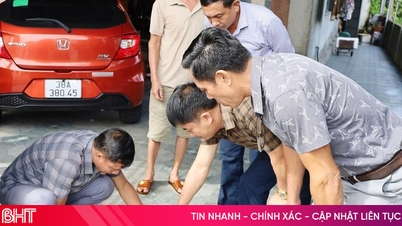



![[Motion Graphics] 5 notes when converting from lump-sum tax to declaration](https://vphoto.vietnam.vn/thumb/402x226/vietnam/resource/IMAGE/2025/11/06/1762381214740_fb_thoi-tiet-cms-1200x800-3.jpeg)
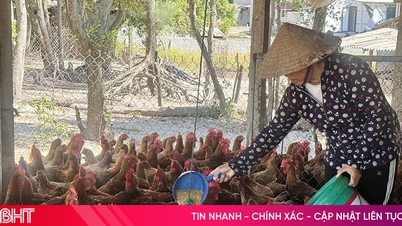
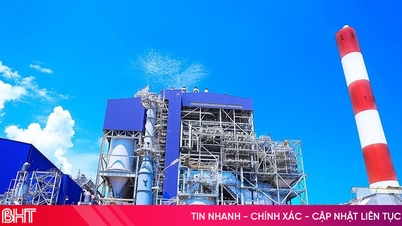
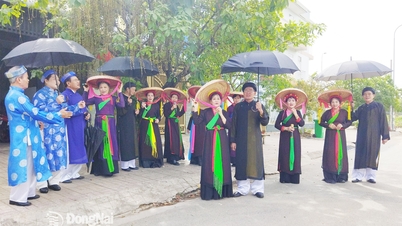















Comment (0)